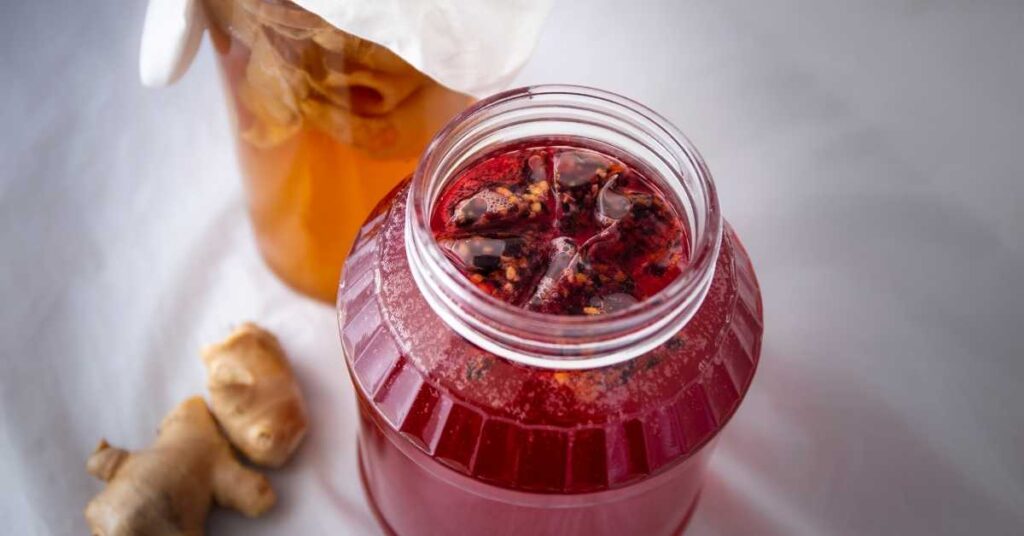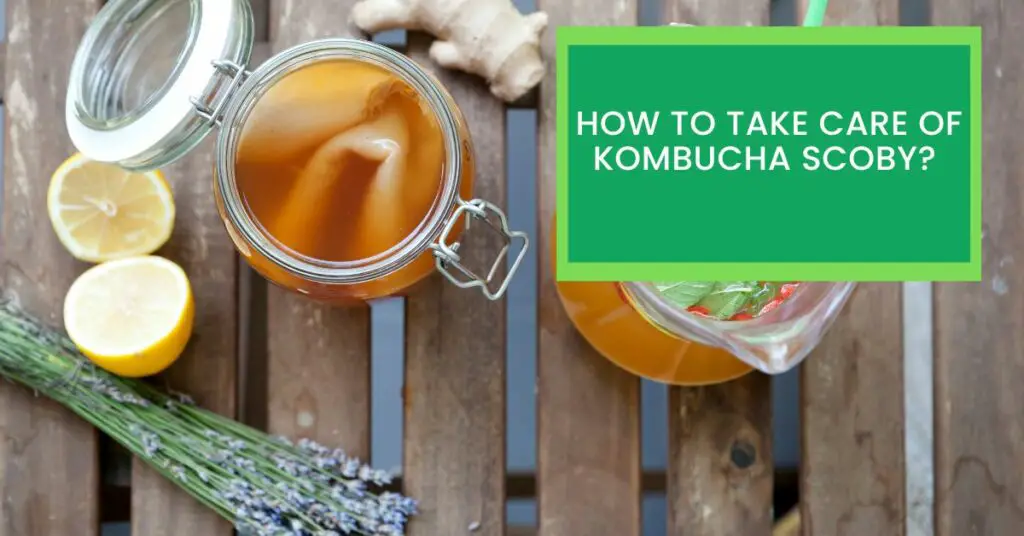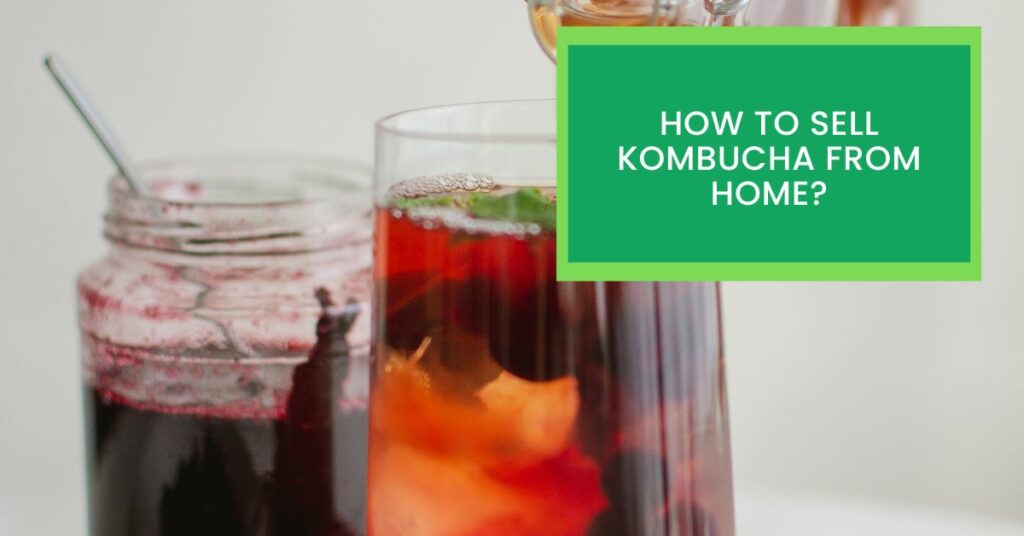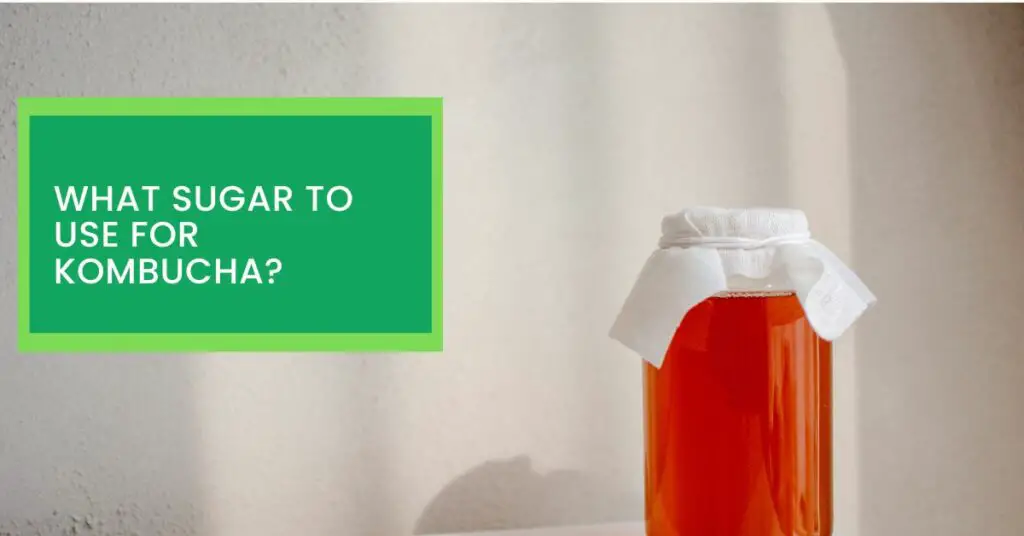Kombucha is a fermented tea that originates from China. It is made by adding a colony of bacteria and yeast to sweetened black tea, and then allowing it to ferment for a period of time. The result is a slightly effervescent beverage that is rich in probiotics and antioxidants. While kombucha has many health benefits, some people find its vinegar-like flavor to be off-putting.
There are a few simple ways to make kombucha taste less vinegary. First, try diluting the kombucha with water or sparkling water. This will help to tone down the acidity without affecting the probiotic content. Another option is to add fruit juice or fresh fruit to your kombucha. This will provide sweetness and mask the vinegar flavor. Finally, don’t be afraid to experiment with different types of teas. Some teas, such as oolong or green tea, will produce a less vinegary kombucha. With a little trial and error, you’ll be able to find a kombucha recipe that suits your taste buds.
Why does kombucha become vinegary?
Kombucha is a fermented beverage made from sweetened black tea. It’s rich in probiotics and has a slightly acidic, vinegary taste. Kombucha is made by adding a symbiotic colony of bacteria and yeast (SCOBY) to the tea. The bacteria and yeast eat the sugars in the tea, producing ethanol. The bacteria then feed on the ethanol, producing acetic acid, which gives kombucha its tart flavor. Kombucha becomes more acidic and vinegary-tasting as it ferments for longer periods of time. While this type of kombucha is safe to drink, it can be too sour for some people’s tastes. If you find that your kombucha is too sour, you can add sweetness back into it by adding fruit juice or honey before drinking.
How to prevent vinegary kombucha
Kombucha is a delicious and healthful probiotic drink. But sometimes, despite our best efforts, it can turn out vinegary. How can we prevent this from happening?
First of all, don’t let it ferment for too long. The longer kombucha ferments, the more acidic it becomes. So if you’re aiming for a kombucha that’s not too vinegary, make sure to keep an eye on the fermentation process and bottle it up as soon as it reaches the desired level of acidity.
Secondly, you can try moving it to a cooler spot. warmer temperatures speed up fermentation, so by moving your kombucha to a cooler area, you can help to slow down the process and prevent it from becoming too vinegary.
Finally, you may need to adjust the balance of yeast in your kombucha. If there’s too much yeast present, it can lead to excessive fermentation and a final product that’s overly acidic. So if your kombucha is consistently turning out vinegary, it’s worth experimenting with different ratios of yeast to see if you can find the perfect balance.
How to fix vinegary kombucha
Kombucha is a fermented beverage that has been enjoyed for centuries. Unlike most commercial beverages, kombucha is made by fermenting sweet tea. This fermentation process gives kombucha its distinctive tangy flavor. However, sometimes the kombucha can become too vinegary for taste. If your kombucha is too sour, there are a few simple ways to fix it.
One way to neutralize the vinegary flavor is to add sugar or honey to sweeten the drink. You can also add flavoring agents such as fruits, spices, and herbs. If you want to dilute the vinegar flavor, you can water down your kombucha with carbonated water, a soft drink, or even plain tap water. Finally, make sure to bottle your kombucha in airtight containers so that the flavors don’t continue to develop and change. By following these simple tips, you can enjoy delicious, refreshing kombucha anytime.
Ways to use your over-fermented kombucha!
If you’ve ever left kombucha out on the counter for too long, you know that it can quickly become overly fermented. While this may not be ideal for drinking, there are still a number of ways to put over-fermented kombucha to good use.
For instance, it can be used as a strong starter for a new batch of kombucha. Just add a few tablespoons to your SCOBY and sweet tea mixture, and fermentation will occur more quickly.
You can also use over-fermented kombucha to make vinegar. Simply strain out the solids and transfer the liquid to a clean jar. Cover the jar with a coffee filter or cheesecloth and let it sit for a few weeks. The final product can be used in salad dressings or as a flavor-packed ingredient in homemade pickles.
Last but not least, over-fermented kombucha makes an excellent marinade. Soak chicken, beef, or tofu in the kombucha for at least an hour before cooking to infuse it with flavor.
You can also add it to grains like rice or quinoa before cooking to help make them more digestible. So don’t toss your over-fermented kombucha – put it to good use instead!
Conclusion
Whether you’re trying to prevent vinegar-tasting kombucha or fix an over-fermented batch, there are many ways to put this probiotic beverage to good use. From using it as a starter for new batches of kombucha to making delicious marinades and pickles, over-fermented kombucha can be incredibly versatile. So don’t throw out that sour brew – experiment with different uses and find the ones that work best for you!
FAQs
What causes kombucha to taste like vinegar?
Kombucha can taste like vinegar if it has been allowed to ferment too long, leading to the accumulation of organic acids that give it a strong vinegar flavor. This can happen when the kombucha is left to brew for an extended period or if the SCOBY is left in the tea for too long.
Is it normal for kombucha to taste like vinegar?
While some tartness is expected in kombucha due to the fermentation process, an overwhelmingly strong vinegar taste is not typical. If your kombucha tastes strongly of vinegar, it may be a sign that it has fermented for too long or that the brewing conditions were not optimal.
How can I make my homemade kombucha taste better and less like vinegar?
You can improve the taste of your homemade kombucha and reduce the vinegar flavor by adjusting the brewing process. This may involve monitoring the fermentation time, adjusting the sugar levels, and experimenting with different methods to balance the acidity and sweetness of the kombucha.
What can I do if my kombucha is too sour?
If your kombucha is too sour, you can try diluting it with fresh tea or juice to mellow out the acidity. Additionally, you can use this over-fermented kombucha as a starter for a new batch, which can help moderate the sourness in the subsequent brew.
How do I reduce the vinegar taste in my kombucha?
To reduce the vinegar taste in your kombucha, you can try adding a small amount of sugar or sweet fruit juice to the finished brew. This can help balance out the sourness and create a more palatable flavor profile.





